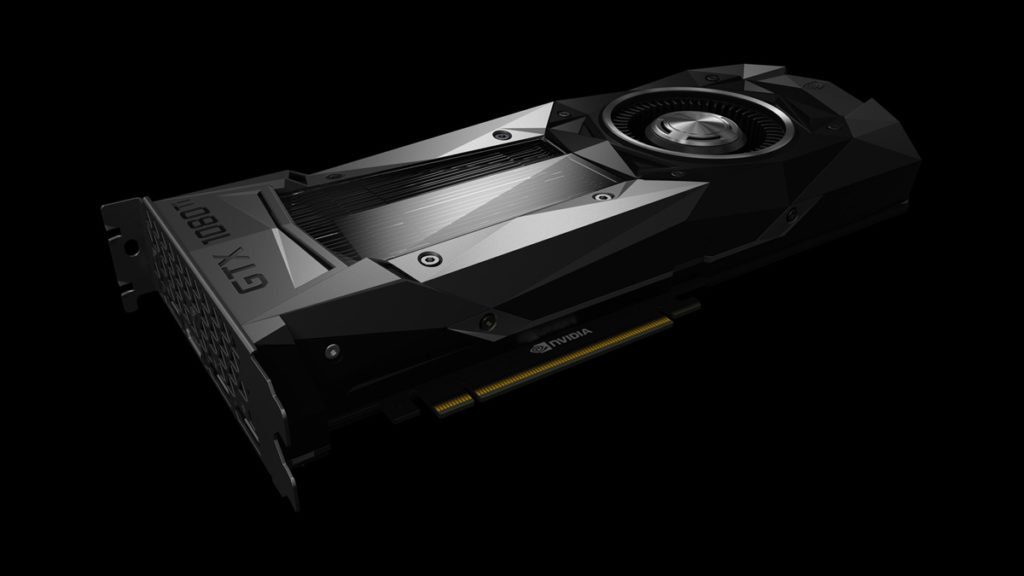
It’s no surprise that NVIDIA’s next generation of GeForce graphics cards will offer a new level of performance that overshadows its current Ampere counterparts, but the latest rumors suggest that the leap could be greater than anticipated.
According to leaker Ulysses, who has been offering purported insight on green team’s future hardware for a while now, NVIDIA’s GeForce RTX 40 Series graphics cards will offer the same performance jump that was achieved between the company’s Maxwell (GeForce GTX 9 Series) and Pascal (GeForce GTX 10 Series) generation of GPU products.
The rumor has generated quite a bit of excitement, as the Pascal generation resulted in one of the greatest GeForce graphics cards ever, the GeForce GTX 1080 Ti, which offered a 35 percent performance improvement over its standard sibling according to NVIDIA’s original marketing materials.
Leveraging the new Lovelace architecture, NVIDIA’s GeForce RTX 40 Series have been speculated to offer a 2.5x jump over the current Ampere-based GeForce RTX 30 Series. What would be really interesting is if the GeForce RTX 4090 Ti ends up with an MSRP of $699 like the GeForce GTX 1080 Ti, but the chances of that happening are probably less than zero.
Ulysses has also suggested that NVIDIA will launch its first GeForce RTX 40 Series graphics cards by the end of 2022 or Q1 2023.
rtx30series—rtx40series like Maxwell—Pascal
— Ulysses (@TtLexington) August 1, 2021
nope
— Ulysses (@TtLexington) August 1, 2021
2022 12or2023Q1 pic.twitter.com/CsTVP5YzFb
[…] the Ada Lovelace-powered NVIDIA GeForce RTX 40 Series GPUs are said to offer clock speeds between 2.2 to 2.5 GHz (boost). This is a nice improvement to 1.7-1.9 GHz clocks that the Ampere architecture churns out currently on average. The Pascal architecture also clocked impressively and was the first GPU architecture to breach the 2.0 GHz clock speed limit however, it is AMD who has taken the clock speed throne with its RDNA 2 GPU architecture which can hit clocks beyond 2.5 GHz with ease.
